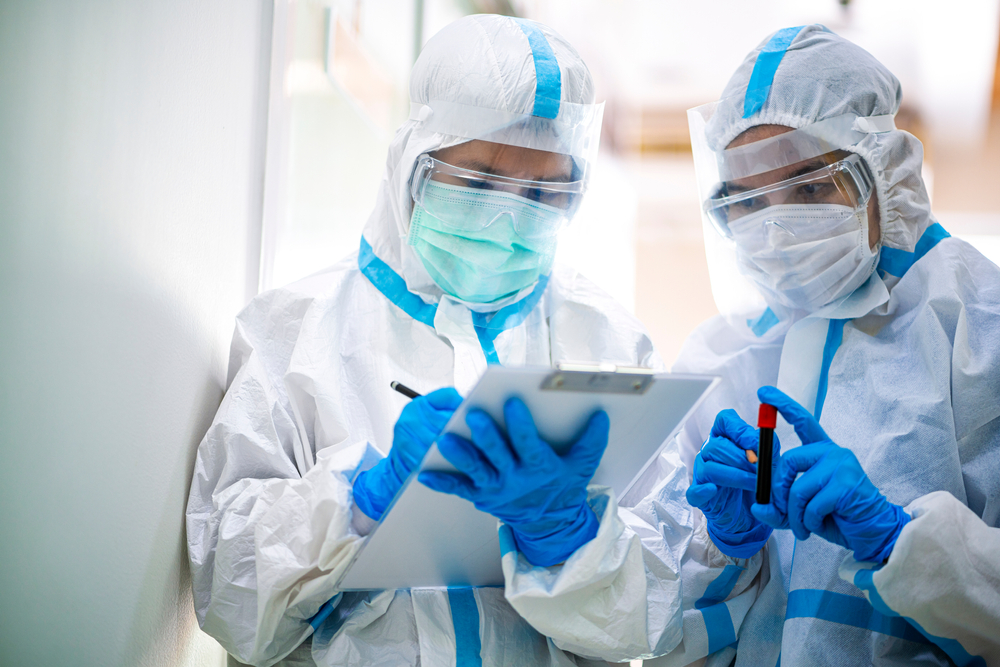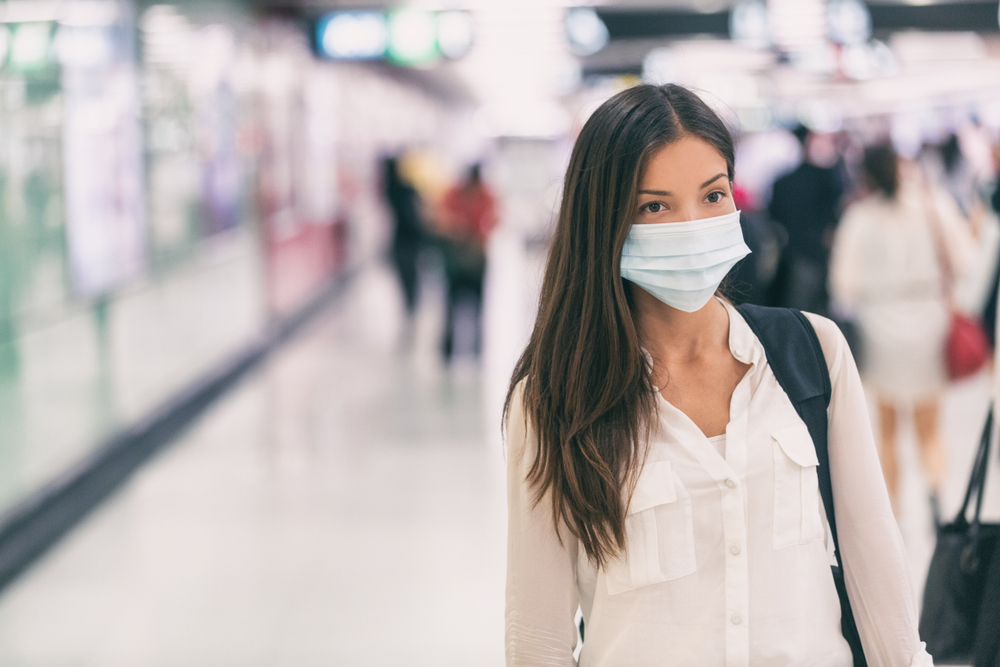Published March 3, 2014 in edition.cnn.com
By Mireille Schwartz
Since the mid-1990s, food allergies have shifted into high gear; what used to be a relative rarity has become increasingly commonplace, with scientists estimating that the problem is getting worse.My own fish allergy is so severe that even aerosolized fish in the air — just a whiff — can cause my body to overreact. I have become so overwhelmed by just the vapors of airborne fish proteins I’ve been forced to rush to emergency rooms for immediate, life-saving medical help. Fortunately, my own daughter Charlotte’s allergy to peanuts and tree nuts is slightly less pronounced.There are three main theories to explain why there are so many food allergies in the first place, and what’s responsible:
Heredity
Allergic diseases such as asthma, allergic rhinitis (or “hay fever”), atopic dermatitis (“eczema”), and food allergy tend to run in families. So the tendency to have food allergies is definitely inherited.
The hygiene hypothesis
This popular premise suggests that the overly sanitized state of our modern environment is upsetting the normal development of the immune system, leading to a possible overproduction of specific allergy-causing antibodies.
upwave: Are food allergies making me gain weight?
The main idea is that decreased exposure to germs and other disease-causing substances due to characteristics of our modern, Western lifestyles has affected our immune system’s opportunity to develop standard immune responses. Because of this lack of opportunity, the immune system becomes prone to respond by reacting to otherwise harmless substances — in other words, by developing allergies.
The GMO theory
In 1996 GMOs (genetically modified organisms) were introduced into our food supply. It has now become possible to insert genes that can, for example, make a plant resistant to specific diseases or insects, make a plant easier to grow with less chemical weed killers, or improve how it ripens.
Every major scientific regulatory oversight body in the world, including the National Academies of Science and the U.S. Food and Drug Administration, has concluded that genetically modified foods pose no harm. To date, there are no documented ill effects, and both regulatory and scientific agencies have developed international guidelines to address safety, with attention to nutrition, toxicity and a variety of concerns in addition to allergy. Still, this is a prevailing emerging theory.
Solutions
Parents should become familiar with the early signs of allergic disease such as eczema, hives, repeated diarrhea and vomiting in reaction to formulas, and talk to a doctor about symptoms. There are promising new clinical trials to fight food allergies, but to date no medication can be taken to prevent food allergies, so strict avoidance of the allergy-causing food is the only way to prevent a reaction.
Medications are administered to control symptoms after a reaction occurs, so it’s essential to carry an auto-injector (or two) of epinephrine. There are a few auto-injectors now which are approved by the FDA and are available with a prescription. These devices operate in different ways, so it’s important to discuss options with your doctor and be properly trained to use the mechanism.
New treatment may offer hope for peanut allergy
Day-to-day strategies
Parents of children with food allergies often exhibit high levels of stress. While some chronic conditions are primarily managed by medications or surgery, the only viable method for managing food allergies, so far, is avoiding allergens and treating emergencies when they occur. And unlike diets aimed at reducing weight or cholesterol, with an allergen-avoidance diet there’s no wiggle room for mistakes.
There’s also pragmatic stress involved with managing food allergies. Dining out or attending social functions takes practice and can be extremely difficult — in some cases not even feasible. Then there’s creating action plans with schools and day care centers, educating caregivers about emergency treatment, reading food labels and balancing kids’ everyday social activities with the need to keep them safe from allergens.
Still, as parents we strive diligently to somehow normalize our family life despite the daily hurdles and even disbelief from those around us who may find it hard to understand that “healthy foods” like milk, bread, eggs and nuts could possibly harm your child. They really don’t seem to understand that for our children, one bite (or less) of an allergen really can lead to an extreme allergic reaction or even loss of life.
Educate yourself
Learn all you can about food allergies and how you and your family can manage them. Researchers have found that food allergy patients with the best overall mental health were those who viewed themselves as basically healthy people with a condition they were in control of; in contrast, people who viewed themselves as ill and demonstrated poor coping strategies scored lower on indexes of psychological distress.
Study: Eating nuts during pregnancy may reduce baby’s allergy risk
Agreed: we can’t control the way our bodies respond to food allergies. However, knowing what to do in an emergency, recognizing how our families’ allergens appear on food labels, and educating your child and your child’s caregivers to recognize an allergic reaction are among the tangible steps you can take to develop the optimal mindset of control.
Read food labels
You’ll need to become an avid label reader. Fortunately, packaged foods have ingredient labels that plainly state whether the product contains potential allergens. The Food Allergen Labeling and Consumer Protecting Act (FALCPA), which took effect January 1, 2006, requires that the labels of foods containing the big eight food allergens (egg, milk, wheat, soy, fish, shellfish, peanuts, and tree nuts) note the allergen in plain language.
Chill out
Seek out moments to relax and celebrate life. Get creative at mealtimes! Once you start brainstorming, you’ll find there are numerous inventive, personal ways from A to Z to reduce stress and have fun while keeping body and mind calm. Relaxation reduces muscle tension, decreases stress hormones and even helps to lower heart rate and blood pressure — which in turn greatly improves your quality of life.




